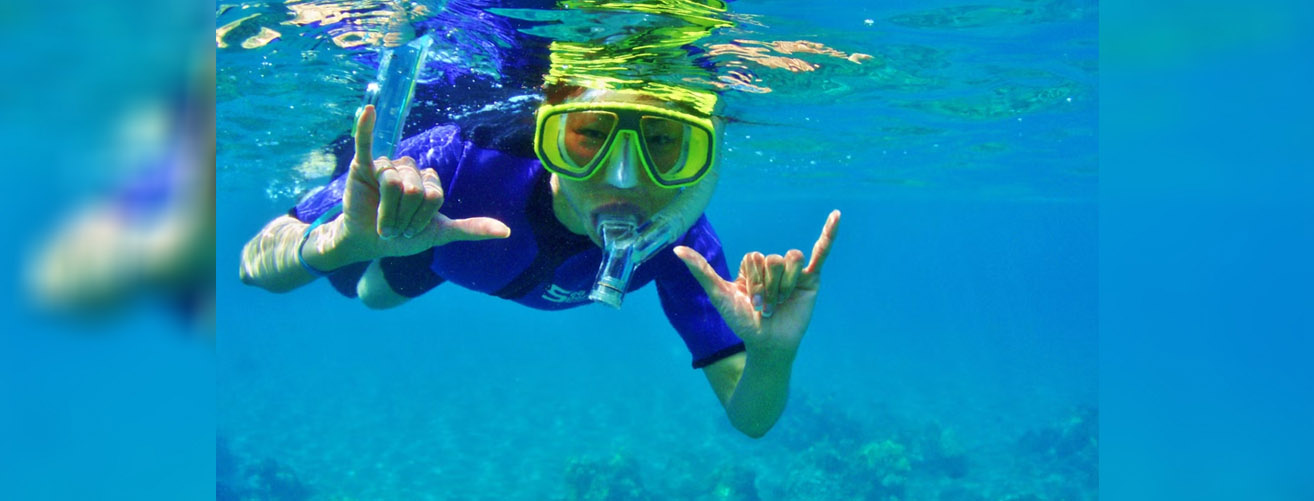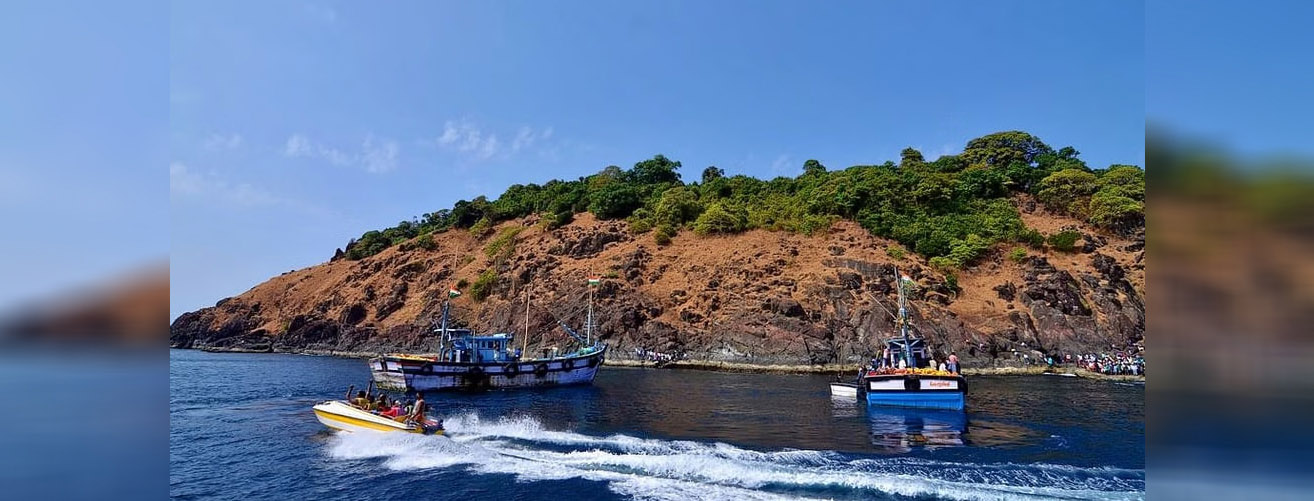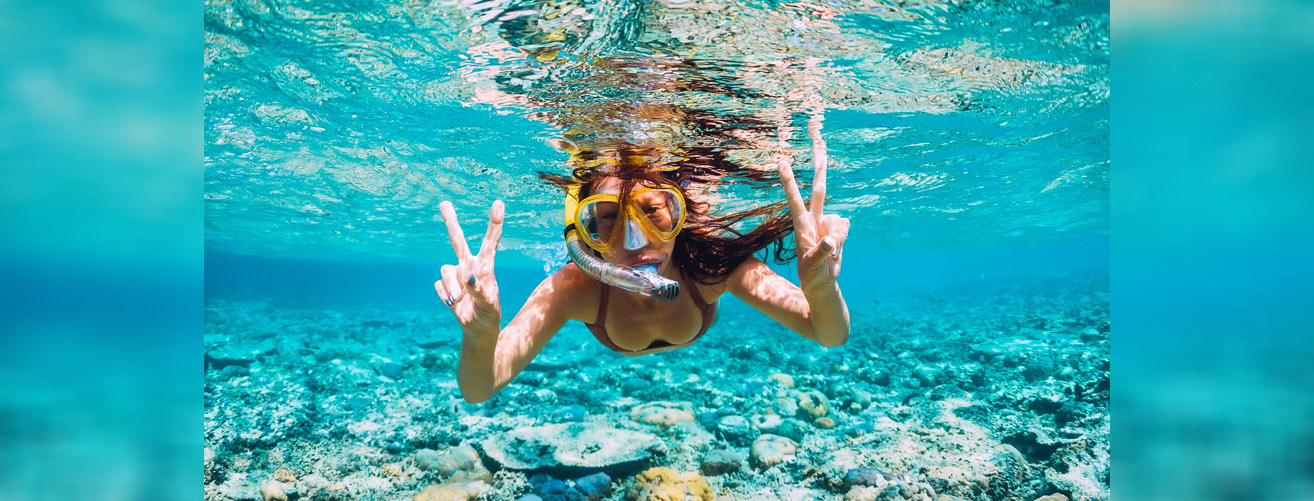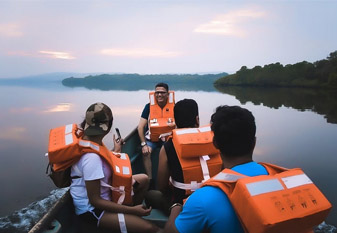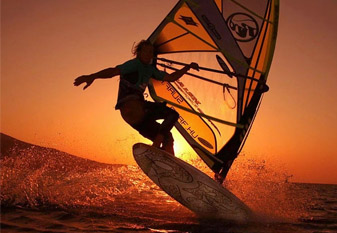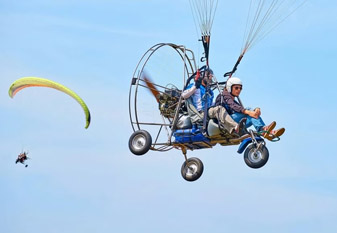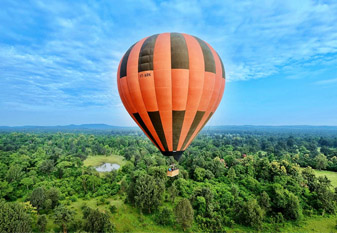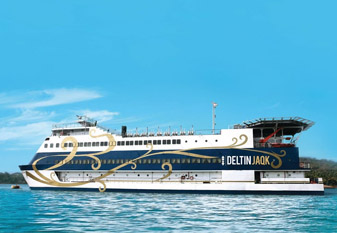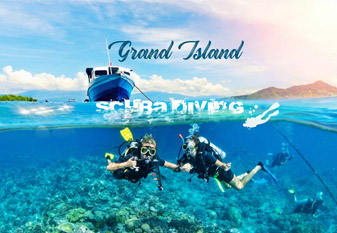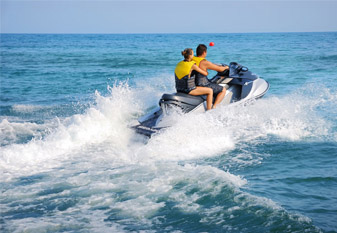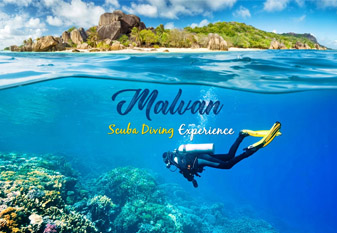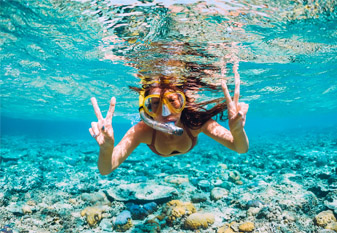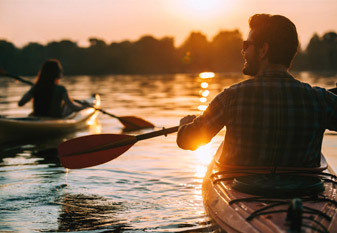There is no specific weight limit for snorkeling in Goa. However, individuals with medical conditions and pregnant women are advised not to participate in this adventurous activity for safety reasons.
The best time for snorkeling in Goa is between November and February when the climate is cooler. During these months, the water temperature and calmness create ideal conditions for a smooth and enjoyable snorkeling experience.
Yes, snorkeling in Goa is safe. The beaches in Goa offer a range of activities, including snorkeling, with proper guidance and supervision. Experienced guides provide thorough information before the session, ensuring a safe and enjoyable experience for all participants.
While snorkeling in Goa, you can typically go to a maximum depth of 1.5 to 2 feet. The depth may vary depending on factors such as the instructor's guidance and the size of the snorkel. Snorkeling is designed for individuals of all swimming abilities, so the depth is generally shallow to ensure safety and accessibility for everyone.
Yes, non-swimmers can enjoy snorkeling in Goa. Snorkeling is primarily a surface water activity, conducted in shallow waters close to the surface. Therefore, swimming skills are not necessary to participate. Additionally, expert professionals provide guidance and assistance before entering the water, ensuring a safe and enjoyable experience for all participants.
Yes, you can capture photos and videos of your snorkeling experience in Goa if you bring waterproof equipment with a suitable mount for your body. However, it's important to note that only waterproof cameras, such as GoPro, are permitted in the water. Other electronic devices should not be brought into the water for safety reasons.
When snorkeling in Goa, it's essential to wear comfortable, form-fitting clothes and avoid wearing any dangling jewelry or accessories. Additionally, you'll need the following gear:
- Snorkel Mask: Provides clear underwater vision.
- Snorkel: Allows you to breathe while floating face-down in the water.
- Swim Cap: Keeps your hair out of your face and helps streamline your movement.
- Float Vest: Provides buoyancy and added safety.
- Wet Suit: Helps regulate body temperature and protects against sunburn and abrasions.
- Rash Guard: Offers sun protection and reduces friction against your skin.
- Snorkeling Fins: Aid in propulsion and maneuverability in the water.
- Neoprene Socks: Protect your feet and provide warmth.
several key aspects:
- Depth: Snorkeling is a surface sport where you stay near the water's surface, typically only dipping a few inches underwater. On the other hand, scuba diving involves descending deeper into the water to explore the vast marine life below.
- Swimming Requirement: Snorkeling does not require swimming skills since it is primarily done near the surface. In contrast, scuba diving necessitates swimming proficiency as you navigate deeper waters.

